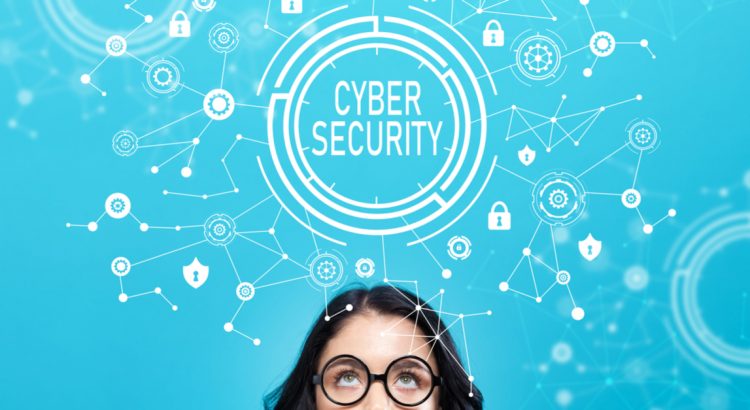Cyber Security Month – October 2023
To kick off Cyber Security Awareness Month, we are excited to launch a year long Cyber Security campaign. The campaign’s mission is crystal clear: to shed light on crucial aspects of cyber security and help everyone, from individuals to the entire University community, stay safe and secure online.
Each month, we will dive into a different cyber security topic through engaging blog posts. These blogs won’t just scratch the surface; they’ll provide a deeper dive into the subject, explaining its significance in the world of cyber security.
The blogs will provide practical tips and strategies for safeguarding yourself and the University. But that’s not all – we are spicing things up with a mix of podcasts and videos to make learning a bit more fun and interactive.
What is Cyber Security and why is it important?
Cyber security is the practice of safeguarding our digital lives, protecting everything from personal information to critical infrastructure. We need cyber security to protect our data, finances, and reputation.
Know thy enemy
From malware to phishing, there are several threats to be wary of, and things might not always seem as they appear. A good start to knowing what is out there, is to complete the University Cyber Security Awareness Training (available here: https://universityofstirling.metacompliance.com/)
If you have completed the training and are looking for additional insight into common threats and how to spot them, have a watch of the Cyber Police Series on our training platform Metacompliance. It is available via the “not typical e learning” option on the Metacompliance Teams app.
Report all incidents
Whether you lose your work laptop, or receive an email that doesn’t look quite right, you should let Information Services know.
You can contact our service desk on information.centre@stir.ac.uk.
If you have received a suspicious email or phishing attempt, you should always report this via Outlook. You’ll see a ‘report message’ button in the top right of your email. Clicking this will send a copy of the suspected email to IT’s phishing mailbox, as well as sending it to Microsoft for analysis.
Strong and Unique Passwords
As tempting as it is to have the same basic password with a slight variation for a number of different accounts, this does make you vulnerable to credential harvesting. Consider using a password manager and try not to save passwords in your browser as this is not particularly secure.
Recommended Podcast
The Lazarus Heist is a BBC Sounds podcast and it covers hackers, North Korea and billions (yes billions) of dollars. This podcast is brilliant for those wanting to delve into some real life examples of how cyber threats play out and the skill that is involved.
Available here: BBC World Service – The Lazarus Heist – Episode guide
